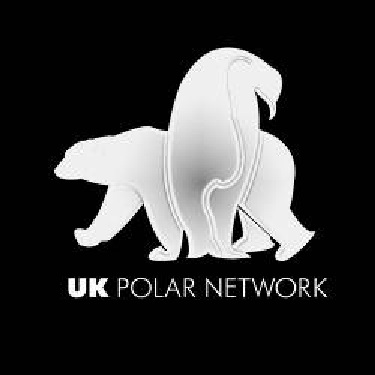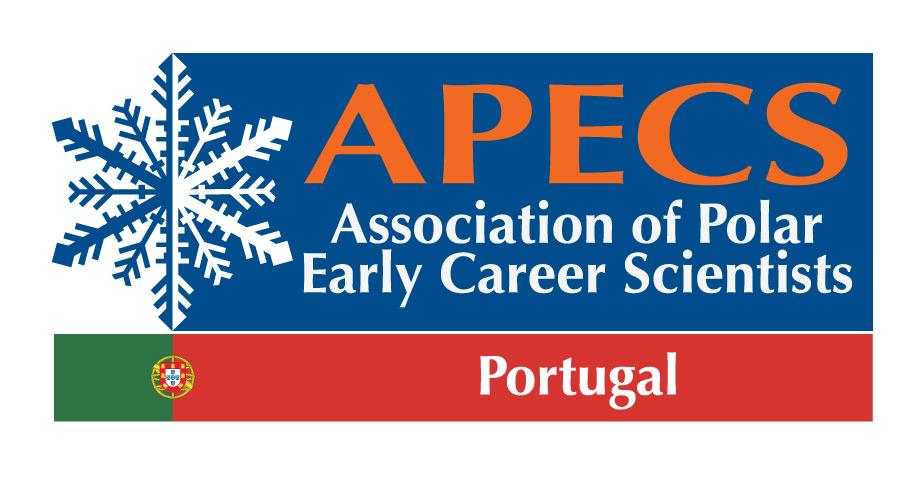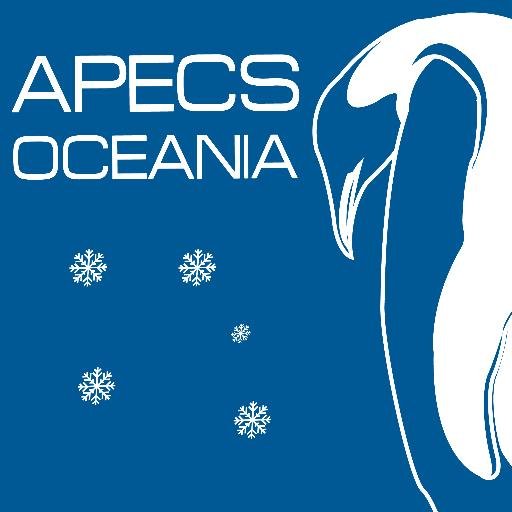For APECS International Polar Week March 2021 further National Committees organized the following events:
Building, enabling and valuing UK-Russian research capacity to address climate change effects on Arctic marine ecosystems

 UK Polar Network and APECS Russia hosted a three-day event to deliver on their project around enhancing collaboration between UK and Russia for research around the challenges of climate change in the Arctic.
UK Polar Network and APECS Russia hosted a three-day event to deliver on their project around enhancing collaboration between UK and Russia for research around the challenges of climate change in the Arctic.
On the first day (17th of March 2021), we were looking to establish a UK-Russian network of experts on the ecological consequences of climate change through hosting an interactive workshop amongst researchers from both countries.
On the second day (18th of March 2021), we were focusing on highlighting research grants that would support future collaborative research for the network.
On the third day (19th of March 2021), we delivered a policy workshop event where research findings would be presented in the form of a policy brief to a list of identified stakeholders in both countries, as part of a wider policy discussion.
Panel Discussion of Frozen North: Sir Hubert's Forgotten Submarine Expedition
 Sir George Hubert Wilkins was an Australian polar explorer, known for using a submarine for polar research. In 1931, Wilkins embarked on a Trans-Arctic submarine expedition to map the unknown polar region and study the effect of the poles on the global climate. Although he was unable to successfully submerge the vessel beneath the North Pole, Wilkins did prove that a submarine could succeed in traveling to the Arctic. During Polar Week March 2021 we showed a screening of the film about the expedition, "Frozen North – Sir Hubert’s Forgotten Submarine Expedition", and had an engaging international panel discussion, composed of the film maker, Sebastian Fricke of Germany; Wilkins historian and author Jeff Maynard, of Australia, and Geoffrey Dipre, polar scientist and former member of the Byrd Polar and Climate Research Center.
Sir George Hubert Wilkins was an Australian polar explorer, known for using a submarine for polar research. In 1931, Wilkins embarked on a Trans-Arctic submarine expedition to map the unknown polar region and study the effect of the poles on the global climate. Although he was unable to successfully submerge the vessel beneath the North Pole, Wilkins did prove that a submarine could succeed in traveling to the Arctic. During Polar Week March 2021 we showed a screening of the film about the expedition, "Frozen North – Sir Hubert’s Forgotten Submarine Expedition", and had an engaging international panel discussion, composed of the film maker, Sebastian Fricke of Germany; Wilkins historian and author Jeff Maynard, of Australia, and Geoffrey Dipre, polar scientist and former member of the Byrd Polar and Climate Research Center.
Artificial intelligence and polar research: a burgeoning nexus
Artificial intelligence and machine learning are increasingly being utilized for polar research in a number of ways. For example, machine learning models have been developed to predict sea ice drift velocity in the Arctic, which allows us to understand that region's response to climate change. We had panels and group discussions regarding this very important nexus. AI will only play a larger part in polar research in the years and decades to come, and will be a key asset in that regard.
Portugal’s International Polar Weeks
 The Portugal’s International Polar Weeks happens twice a year, in March and September, where polar scientists give talks to schools. The aim is to raise awareness about the importance of science and polar regions to the younger generations. Due to the Covid-19 pandemic, this edition was totally online.
The Portugal’s International Polar Weeks happens twice a year, in March and September, where polar scientists give talks to schools. The aim is to raise awareness about the importance of science and polar regions to the younger generations. Due to the Covid-19 pandemic, this edition was totally online.
APECS Oceania Career Panel Seminar
 APECS Oceania ran a panel seminar during polar week on diverse career pathways in the polar space for those interested in exploring their options.
APECS Oceania ran a panel seminar during polar week on diverse career pathways in the polar space for those interested in exploring their options.


